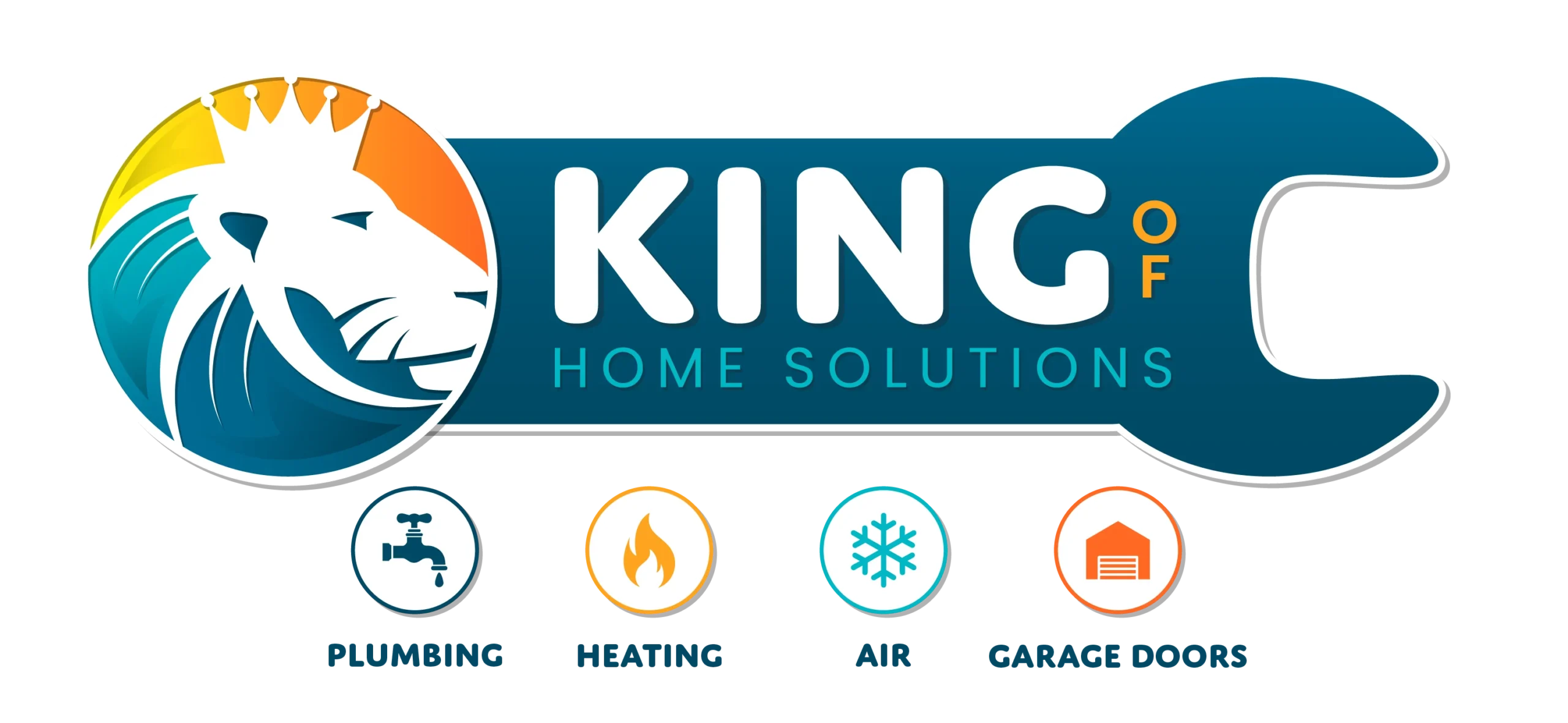What to Do When Your AC Stops Working in 90° Heat
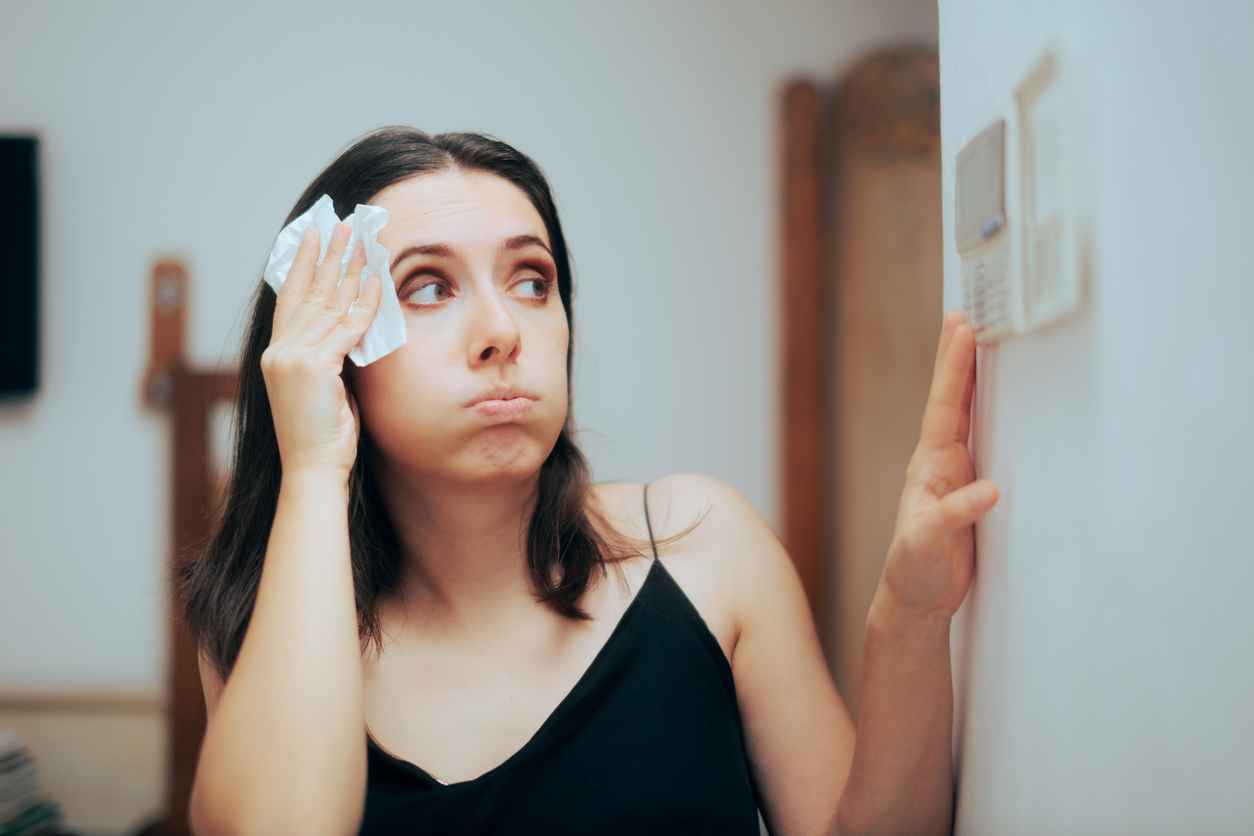
What to Do When Your AC Stops Working in 90° Heat
There’s nothing like the panic of your air conditioner shutting down on a blazing 90° day. Suddenly, your cool, comfortable home becomes an unbearable sauna—and fast. In extreme heat, AC breakdowns aren’t just uncomfortable; they can be dangerous, especially for vulnerable family members or pets.
But before you spiral into stress, know that there are steps you can take right away to diagnose the problem and stay safe. Many cooling issues have simple causes and can be solved without an emergency service call. In this blog, we’ll walk you through what to do first, how to troubleshoot your system, and when it’s time to call in the pros at King of Home Solutions.
Why AC Failures Happen During Heat Waves
It’s no coincidence that your air conditioner tends to break down on the hottest day of the year. When the temperature rises to 90° or higher, your AC is pushed to its limits—often running nonstop for hours just to keep up. That constant demand puts serious stress on the system, especially if it’s older or hasn’t been maintained regularly.
During heat waves, key AC components like the compressor, fan motor, and evaporator coils are at greater risk of overheating or failing. Air filters clog more quickly with heavy use, restricting airflow and forcing the system to work harder. And if there’s even a small issue—like low refrigerant or a dirty condenser coil—it can quickly spiral into a full system shutdown.
Most homeowners don’t realize their system is struggling until it’s too late. That’s why it’s important to understand what causes these failures so you can catch problems early and avoid being left without cooling when you need it most.
Key Signs and Possible Causes of the Breakdown
When your air conditioner stops working in extreme heat, the signs can be obvious—or surprisingly subtle. Recognizing the red flags early can help you take action before conditions inside your home become unsafe.
Common Signs Your AC Is In Trouble
- Warm air coming from the vents even though the thermostat is set to cool
- Lack of airflow or rooms that feel stuffy and stagnant
- Frequent cycling, where the system turns on and off rapidly
- Ice on the indoor or outdoor unit, which may indicate a deeper issue
- Unusual noises like rattling, hissing, or buzzing coming from the unit
- Burning smells or musty odors circulating through your vents
These symptoms are your system’s way of signaling that something’s off. And in 90° heat, even a minor issue can lead to serious discomfort fast.
Why It Happens
Most AC failures come down to a handful of common causes, especially when the system is under intense pressure from heat:
- Clogged air filters restrict airflow and cause components to overheat
- Thermostat issues, such as dead batteries or faulty wiring, may prevent the system from kicking on
- Tripped circuit breakers or blown fuses cut off power to your unit
- Refrigerant leaks reduce cooling capacity and can damage the compressor
- Aging components like capacitors or motors wear out more quickly during heavy use
Understanding what’s likely causing the problem is the first step toward getting cool air flowing again.
How to Troubleshoot Before Calling for Help
When your AC stops working in the middle of a heatwave, your first instinct might be to panic—but a few simple troubleshooting steps could restore your comfort without the need for immediate professional repair. Some issues are quick fixes that homeowners can safely handle themselves.
DIY Fixes to Try First
- Check the thermostat: Make sure it’s set to “cool,” the temperature is set correctly, and the batteries (if applicable) aren’t dead.
- Inspect the air filter: A dirty filter can choke airflow and cause your system to shut down or blow warm air. Replace it if it looks clogged.
- Look at your circuit breaker: A tripped breaker is a common reason an AC won’t turn on. Flip it off and back on to reset.
- Clear outdoor obstructions: Ensure your outdoor condenser unit is free from leaves, debris, or overgrown shrubs. It needs room to breathe.
- Confirm air vents are open and unblocked: Closed or obstructed vents restrict airflow, especially in multi-room systems.
These steps won’t fix every problem, but they often solve the most common issues and give your system a chance to recover.
When You Should Call a Professional
Some AC problems are more serious—and trying to fix them on your own can lead to bigger headaches. It’s time to call an HVAC expert if:
- The AC runs but isn’t cooling at all, even after checking filters and settings
- You see ice on coils or lines, which can signal a refrigerant or airflow issue
- The unit turns on and shuts off immediately, a sign of electrical or mechanical problems
- You notice burning smells or hear buzzing, indicating potential wiring hazards
- The system won’t respond at all, even after resetting the breaker and thermostat
In these cases, professional diagnosis and repair are the safest and most effective options—especially when indoor temperatures keep rising.
Don’t Sweat an AC Breakdown–Be Prepared
When your AC stops working during a 90° heat wave, it’s more than just an inconvenience—it’s a threat to your comfort, safety, and peace of mind. By understanding the common causes, knowing how to troubleshoot, and keeping up with regular maintenance, you can prevent the panic and restore cool air faster.
Contact King of Home Solutions today to schedule your AC tune-up, emergency repair, or system replacement. We’re here to keep your home cool—no matter how high the temperature climbs.
Recent News
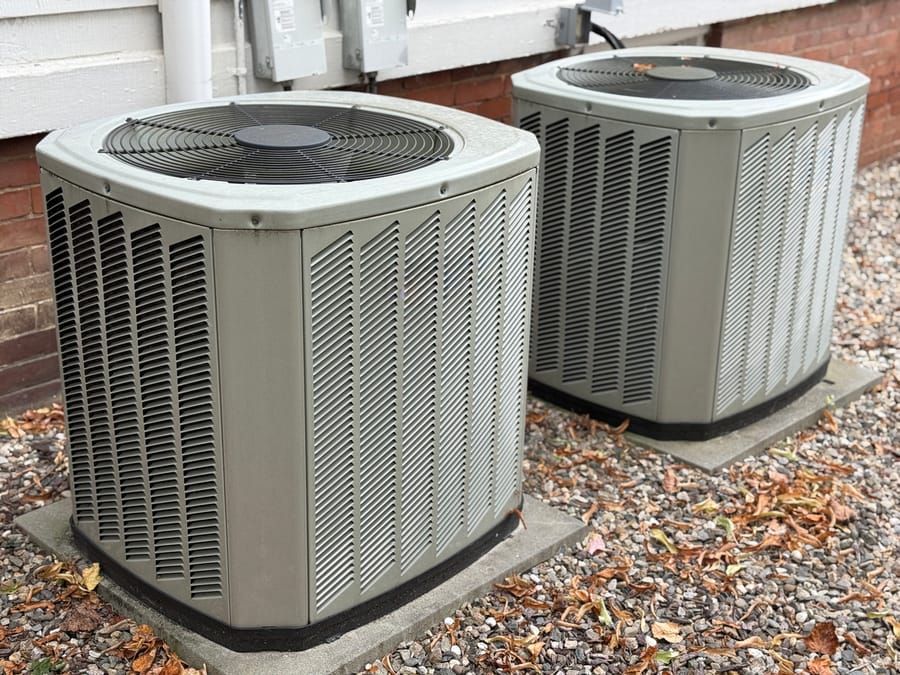
The Ultimate Jacksonville HVAC Buyer’s Guide: What to Know Before You Buy
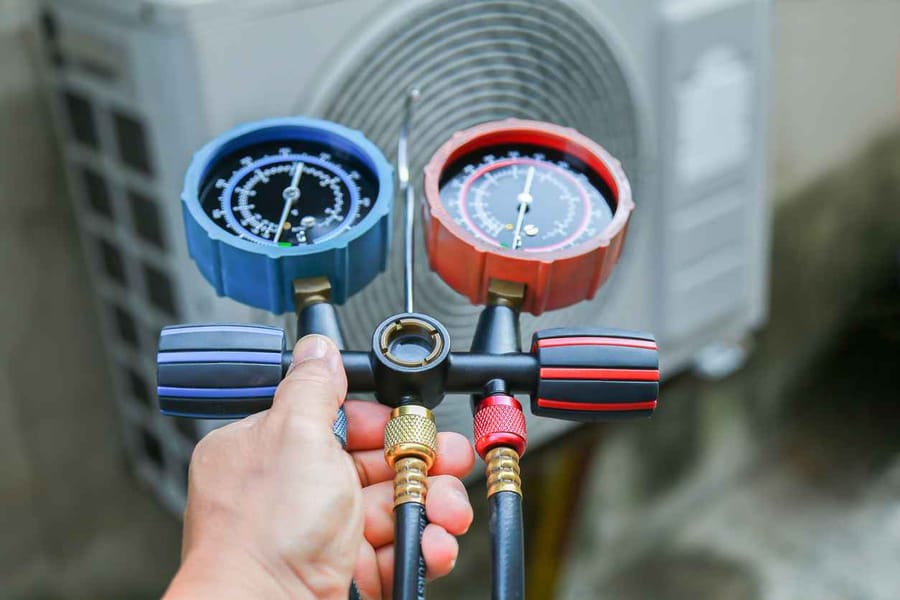
What Florida Homeowners Need to Know About AC Refrigerant Changes in a Hot, Humid Climate
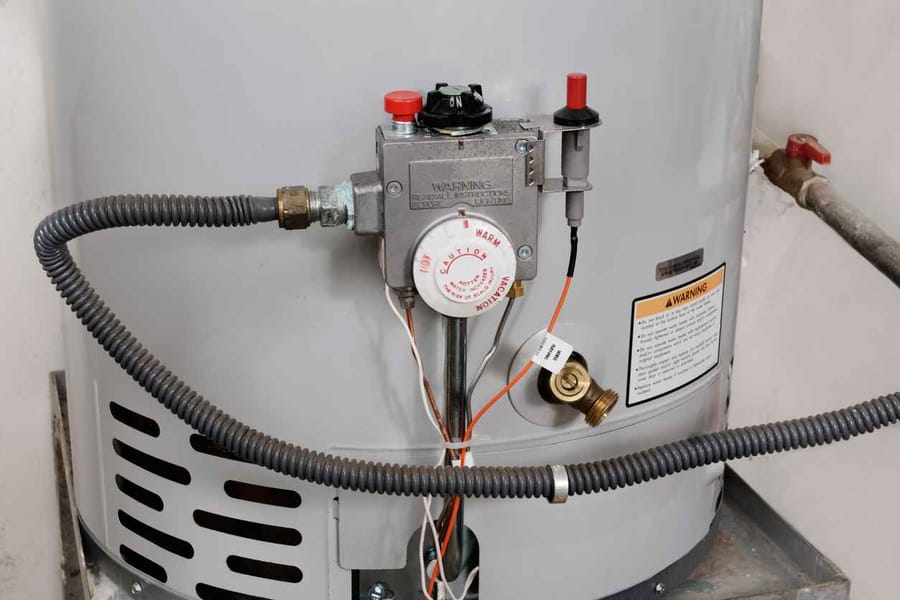
How to Tell When It’s Time to Replace Your Water Heater in Florida
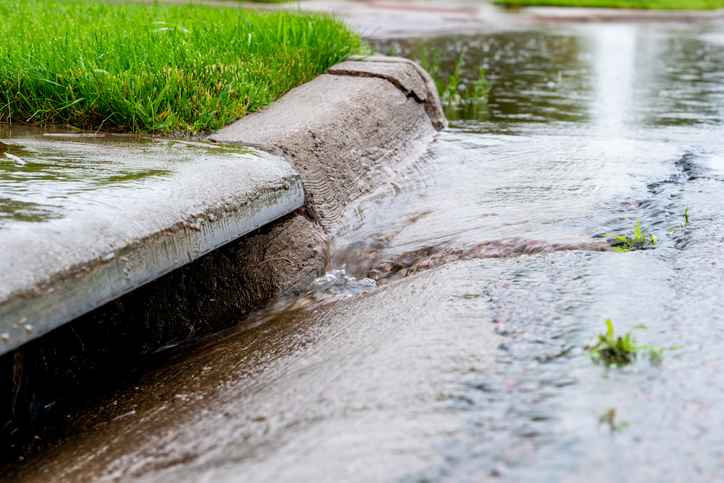
Why Jacksonville Homes Face More Plumbing Issues After Heavy Rain
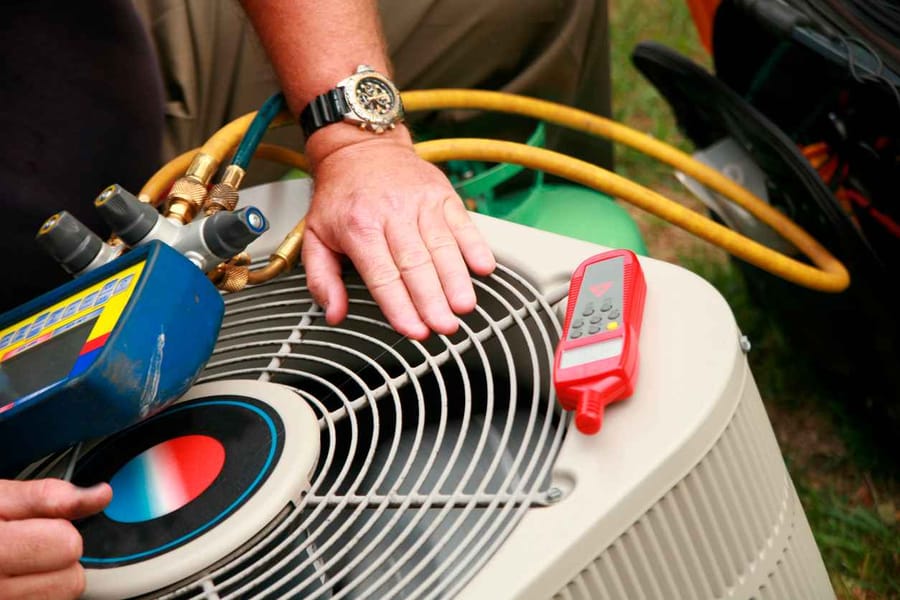
Monthly HVAC & Plumbing Maintenance Checklist to Avoid Big Repairs
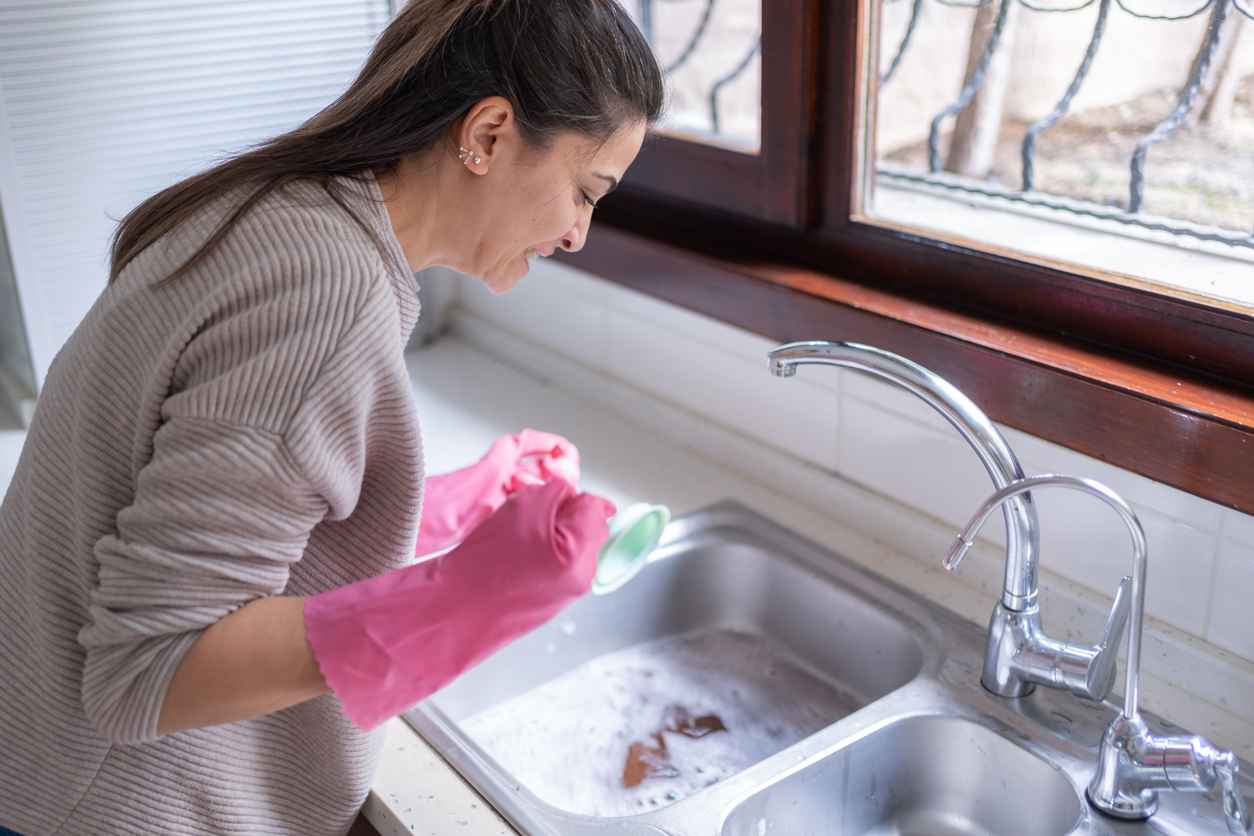
5 Signs to Spot Clogged Drains Early
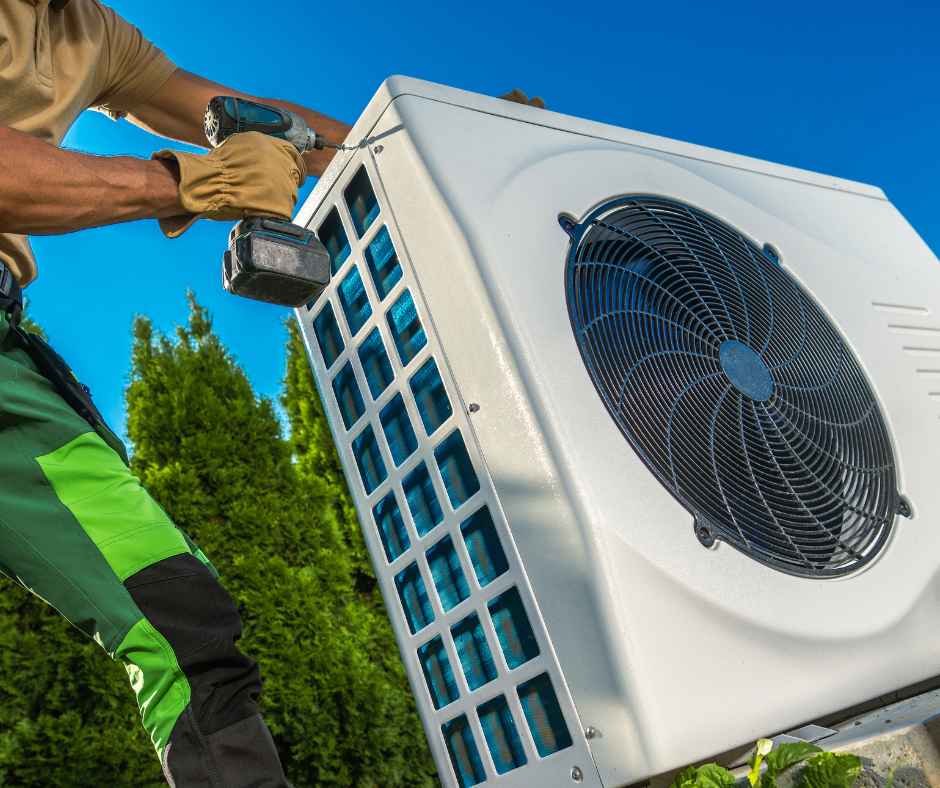
Energy Tax Credits for HVAC and Plumbing: What Homeowners Need to Know
Get in Touch
